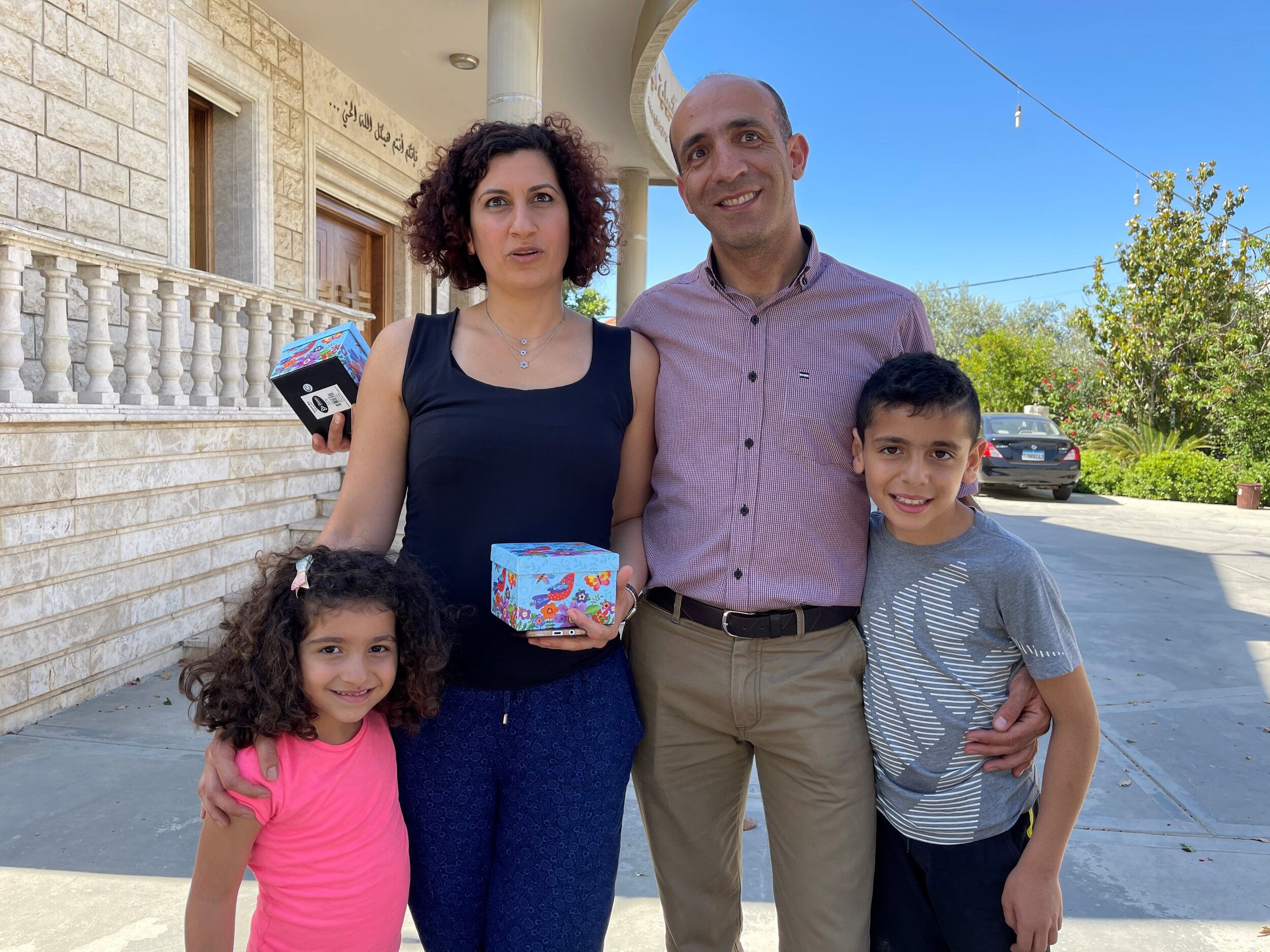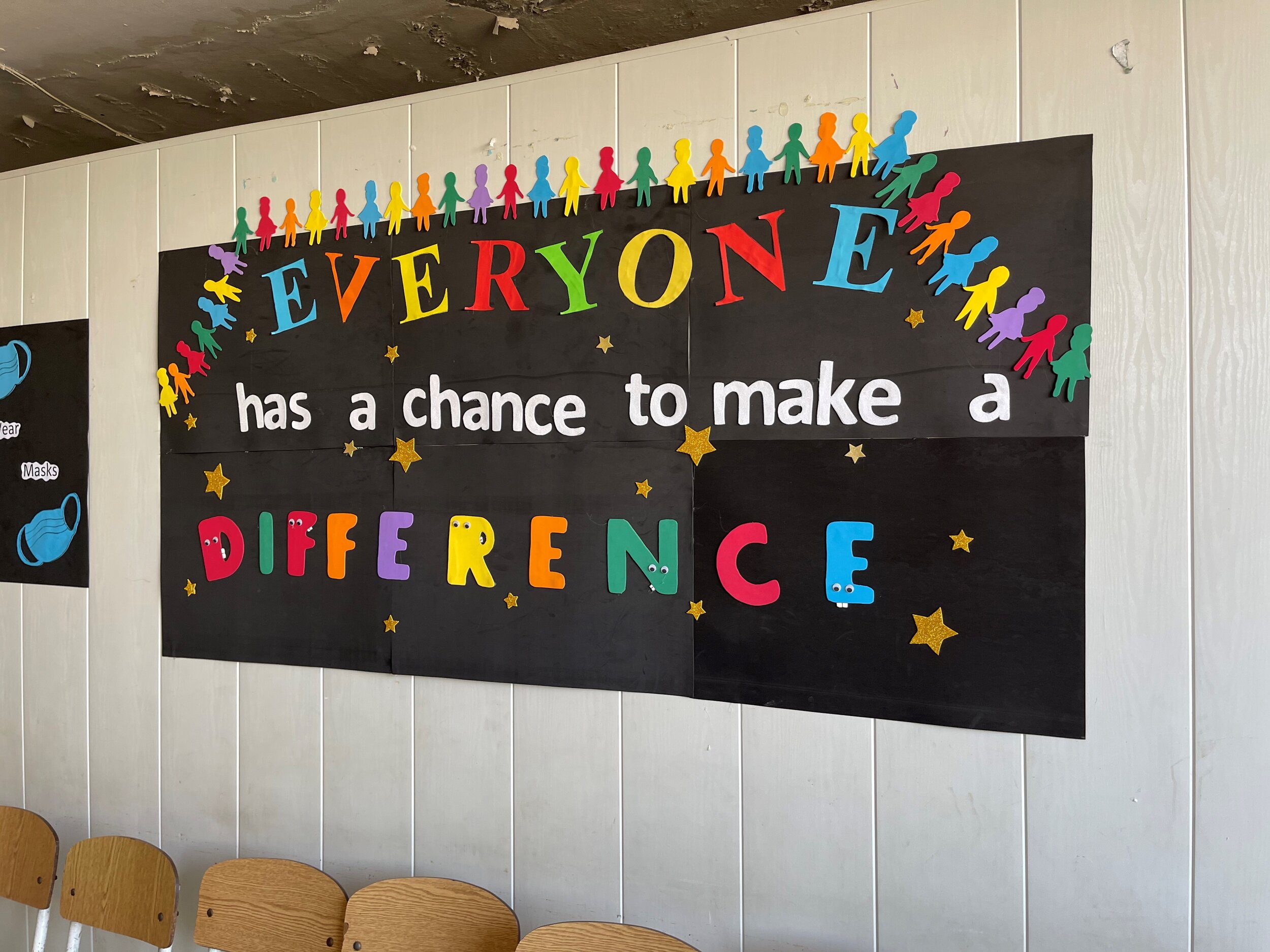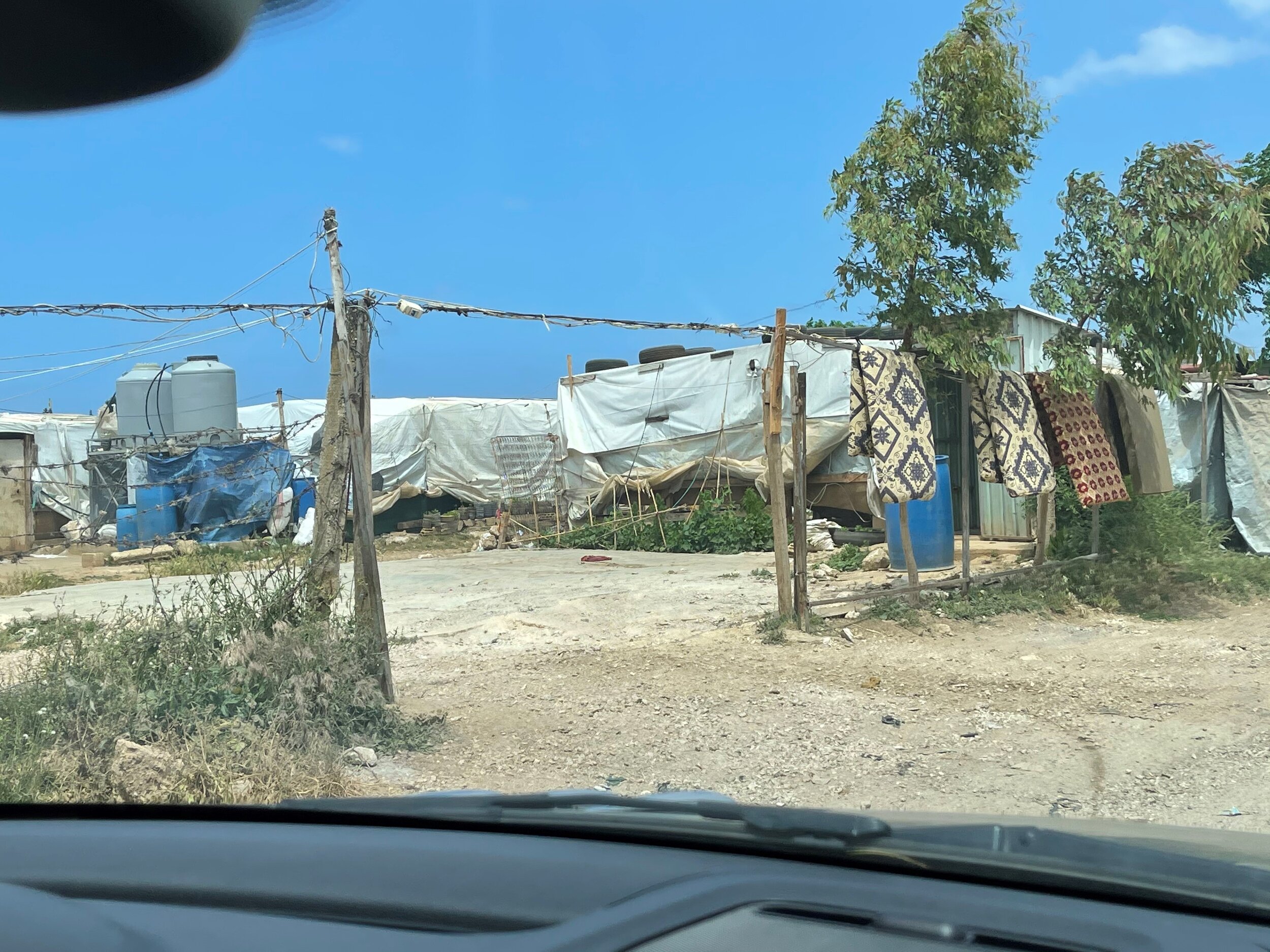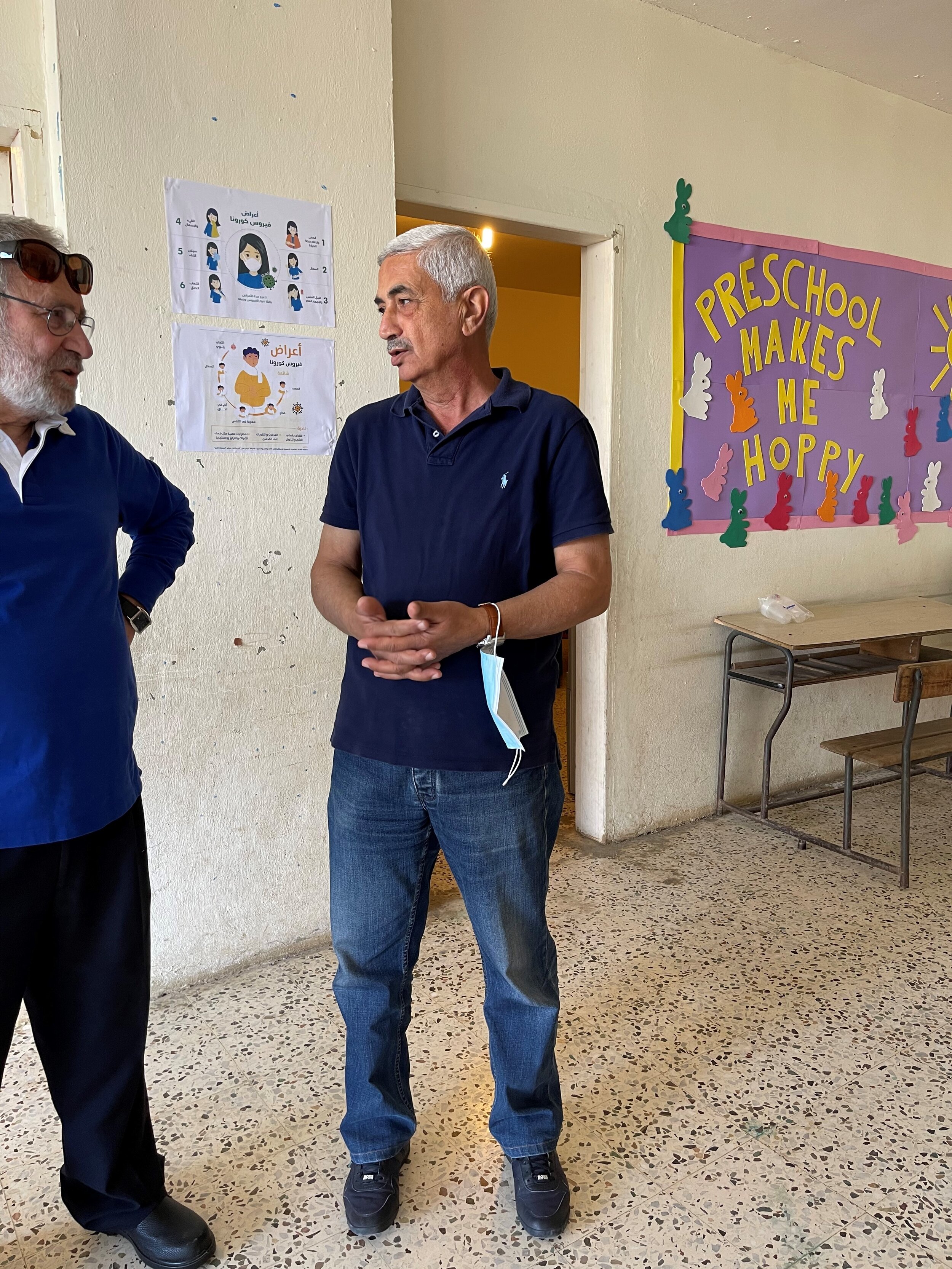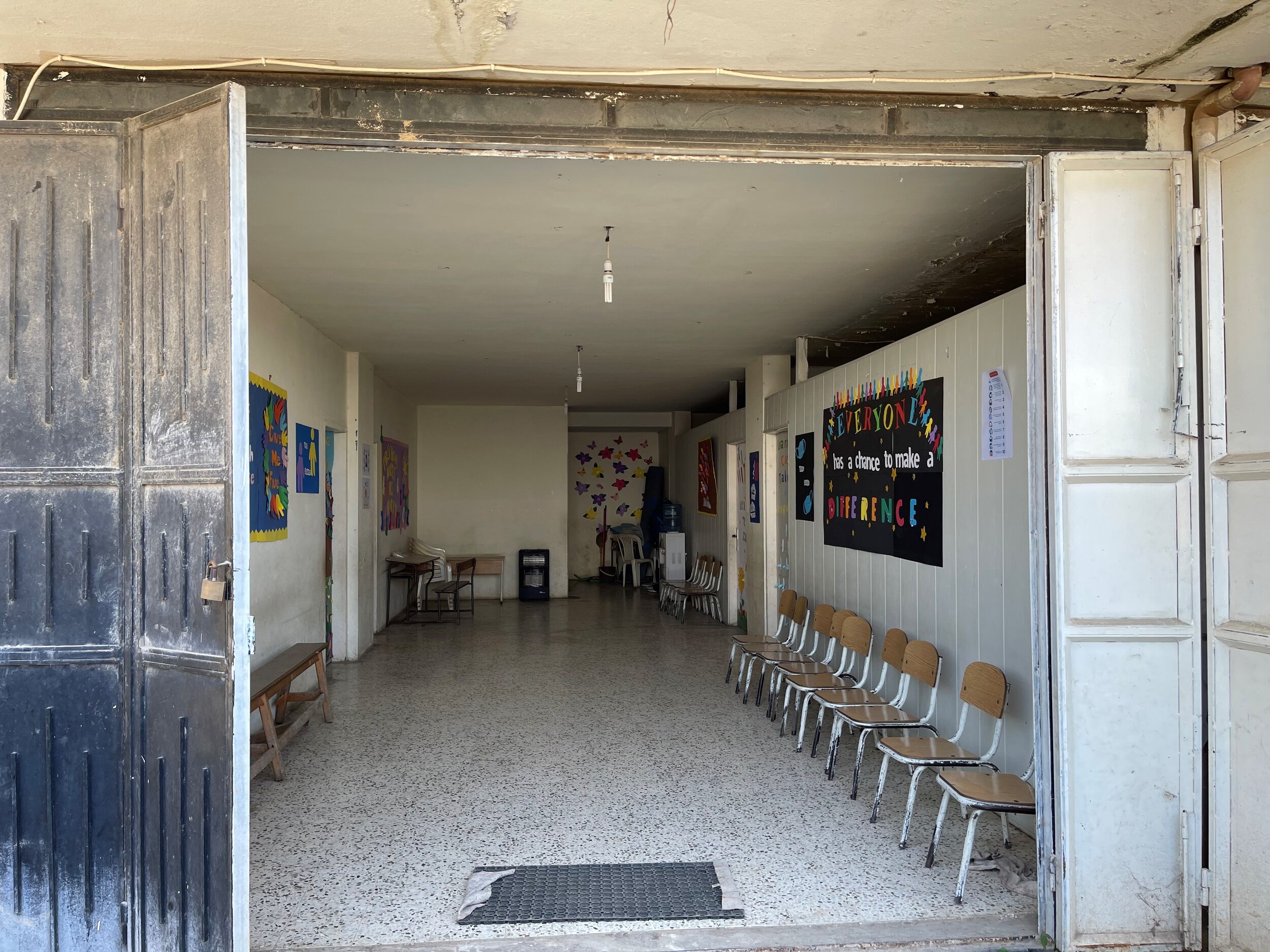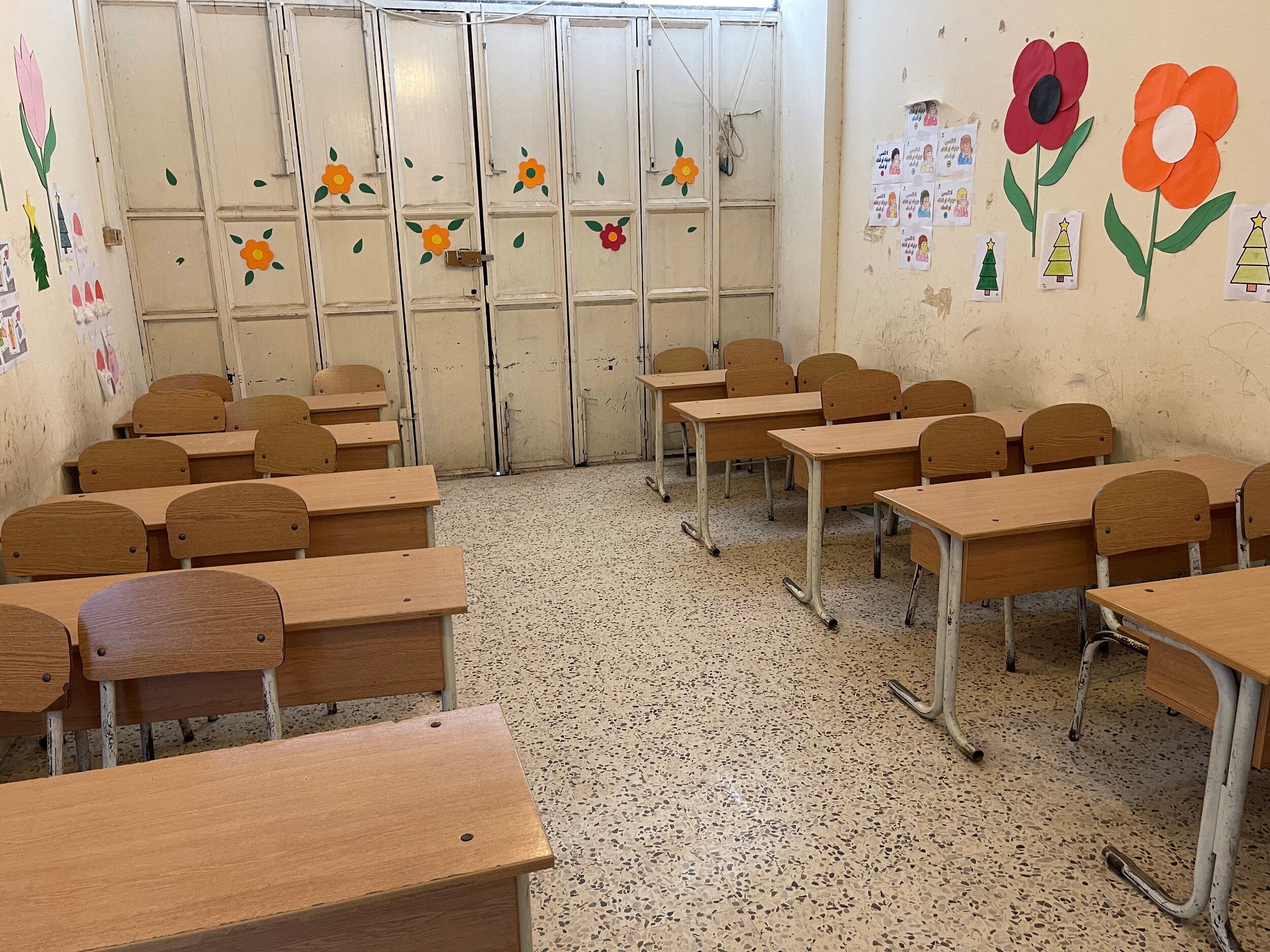Lebanon #4: Where is God in the Midst of Suffering?
by Mark Mueller, Executive Director, The Outreach Foundation
Where Is God in the Midst of Suffering?
The question has been asked since the beginning of time. Theologians have been quick to write their responses. The Bible gives its “Emmanuel” answer. Still, the question announces itself seemingly not fully satisfied with our words or our thoughts.
Today the question was asked again of me as our team visited a refugee school operated by the Synod of Syria and Lebanon near the Syrian border, only two hours by car north of Beirut. Upon arriving at the school and hearing from its leadership that question announced itself loudly.
Where is God in the midst of this suffering?
Our team of five was in the northern region of Lebanon in the small town of Minyara. The Evangelical Synod of Syria and Lebanon, composed of about forty Presbyterian churches split between the two countries, opened up refugee schools to care for the huge number of refugee children from Syria living nearby, a few in apartments but many in tent camps. One of these schools is in Minyara, overseen by Hadi Ghantous, pastor of the Presbyterian church there. The Outreach Foundation is humbled to have supported this unique ministry from its beginning in 2016.
Ten years ago, 22 million people lived in Syria. After the war broke out, 11 million became refugees or internally displaced in Syria. These refugees were scattered throughout the region. 1.5 million refugees crossed into Lebanon, a country of only 4 million people. Some stayed with family and friends. Many ended up in United Nation refugee camps. Others simply pitched a tent in a nearby field to serve as seasonal workers.
It is here that we find God’s children, many with little medical or dental attention. There is no school for the children, nor transportation for thousands of people. So, the Synod responded by opening refugee schools to attend to the children and some of their needs.
Children came to one of these schools, a building that in another life was a three-bay garage, on a first-come, first-serve basis, with the Synod incurring the cost of the entire education process. The refugee children who attended had never been to school. A 12-year old boy had never seen a bathroom with a toilet. He, nor any of the other children, did not know their alphabet or their colors. The clothes on their backs were the ones they had been wearing for many days. It is this type of child the Synod is called to educate. It is beyond anything imaginable. Where does one begin with a lost generation of children?
Couple this challenge and place this story with Lebanon now becoming a collapsed state. There is a recipe for disaster here on a scale of unimaginable proportion. For the average Lebanese person, unemployment is 60%, food has increased nearly 500% and wages have plummeted by 90%. There is little money to care for one’s family let alone care for the refugees. The government has failed to form year after year and global, governmental relief is nowhere to be found. Corruption is a word heard everywhere.
As we entered our vehicle for a ride to another location and to say goodbye to this place, the only question that came to my mind was this: My God, where are you in this suffering? God, you are the only one that can make sense out of this. I can’t.
As the day gathered strength, however, and as we met with the lovely people of Lebanon, I kept asking myself this question. God, where are you? Slowly, in conversations while breaking bread, sipping some world-famous Lebanese wine, and eating with a Maronite monk, I have discovered that I don’t think I have been asked to answer the question of where God is in the midst of suffering. The situation is bigger than I will ever understand. Instead, I think I have been called to pull alongside the people in Lebanon, to be with them and the refugees, to show up, to listen, to learn, and to respond in ways that I can. Early in my life, I didn’t sense that this was all that important to simply show up, but it has tremendous value in this troubled land for in doing so, the question of suffering does not get answered, but it is less loudly asked.
I think that is the very best I can do right now with that question.
God has called me to be here and to be with the people. Namely, I have been called to love these people and support them as best I can, and leave the larger questions to God.

